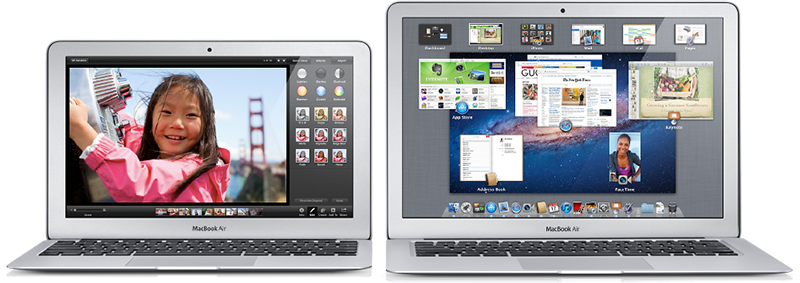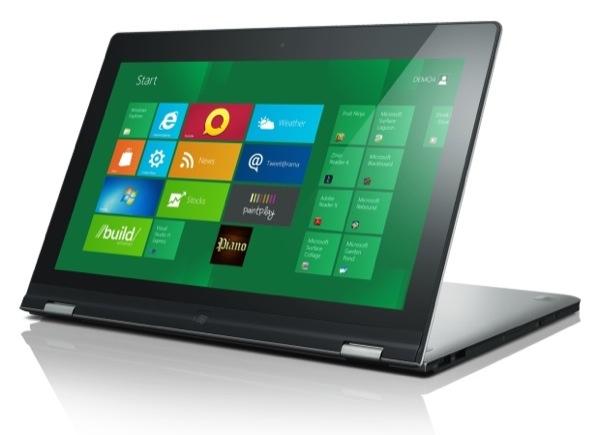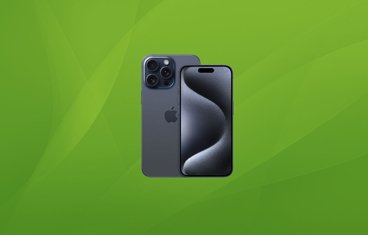Intel says Ultrabooks trump MacBook Air, iPad
Intel says that the products coming from its Ultrabook initiative are more functional than Apple's iPad and represent a better value than the MacBook Air, for which the company currently supplies processors, reports PC World.
Product manager Anand Kajshmanan and media relations representative Alison Wesley sat down to discuss Intel's vision of what a so-called Ultrabook represents, and why it is investing so heavily in the program.
"'Ultra' means pinnacle, and we wanted the Ultrabook to be the pinnacle of everything that users have come to expect from their computing device," the representatives said. "So we did extensive research into what users' expectations were for their mobile computing devices, and there were four things that really stood out."
The definition of the Ultrabook category comes down to a product that is "ultra-responsive," portable, has great battery life and is secure. Intel goes on to say that the power of the initiative lies not only in the platform, but the variety of devices that are available which it calls a "plethora of choices."
When asked to compare existing and future products against the popular MacBook Air, the pair noted that the device is powered by an Intel Core processor, shares some of the same attributes as an Ultrabook and represents a "great choice for someone who wants to invest in the Mac operating system."
"But really, with the Ultrabook, it's about offering all those things in the same device— the great responsiveness, the great battery life— and with an operating system that people have come to love over the years, as well as all the legacy applications that they would like to run," they said.
Apple's MacBook Air will be in direct competition with upcoming Ultrabooks. | Source: Apple
One of the key differentiators is price of entry and Intel believes that it can bring the most value to the table by driving down traditionally high device cost to reach "mainstream price points."
"We have the $300-million Intel capital fund to kick-start this innovation, and we're bringing everyone together and saying, hey, this is a great opportunity," the representatives said. "We're definitely working with our partners to supply a lot more volume, which will bring Ultrabooks down to the mainstream price points."
An exact number was not mentioned, and Intel finds "mainstream" to mean what the market will bear.
As for the iPad, Intel dismisses the tablet because it doesn't have the tactile feedback that comes with a keyboard. This is not to say that the company has written off touch input altogether, however, and thinks that touch-screens will be a huge selling point in 2012 and 2013.
Upcoming Ultrabooks sporting designs that can transform from clamshell into tablet are thought to be big sellers and although similar products have been available for some time, Intel's thin and light platform will make the format a bit more portable. Windows 8 was mentioned as being a driver in touch computing on convertible laptops.
Speaking again of choices, the duo noted that the various implementations of touch input across the expected array of products will be able to fill the needs of more customers than comparable devices.
The future of the Ultrabook has yet to be determined, though some analysts don't see the sector generating the sales Intel is looking for. Apple, on the other hand, has seen success with its MacBook Air line which, as of November 2011, accounted for 28 percent of the company's notebook shipments. In addition to MacBook Air sales, the strong performance seen by the iPad helped make Apple the world's largest computer maker in 2011, and analysts only expect the tablet's market to grow in 2012. Apple's newest iPad enjoyed record sales of over 3 million units during its first weekend on sale earlier in March.
 Mikey Campbell
Mikey Campbell












 Mike Wuerthele
Mike Wuerthele

 Malcolm Owen
Malcolm Owen
 Chip Loder
Chip Loder

 William Gallagher
William Gallagher
 Christine McKee
Christine McKee
 Michael Stroup
Michael Stroup






